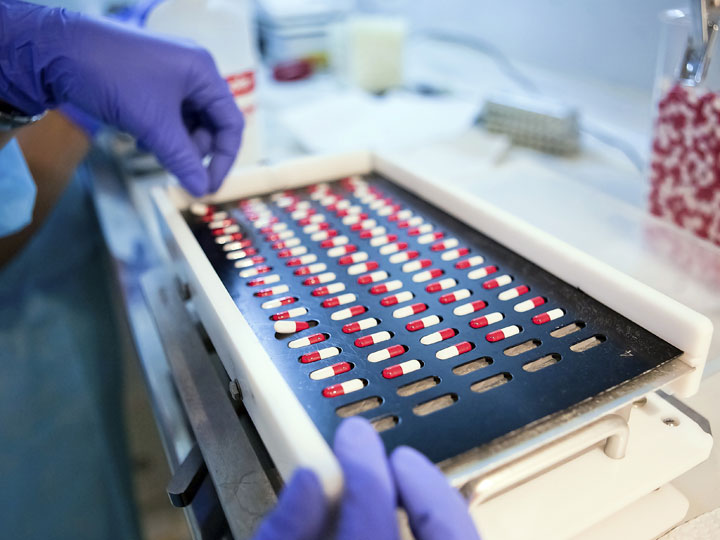Pharmacology Expert Commentary on Drug Adverse Events
The clinical usefulness of medication is related to its efficacy in targeting specific diseases as well as its safety and tolerability.
It is important to understand not only the intended effects of a drug but also the untoward effects and potential adverse events associated with treatment.
Clinical studies of drugs aim to elucidate the mechanism of action and therapeutic effects. However, concerns over potential adverse events limiting the drug applicability to different disease states and its overall dosage. Adverse events have led to numerous pre-market and post-market drug failures.


In assessing either serious or severe adverse events, there are two distinct scenarios
Primarily there are the events readily recognized as consequences, or possible adverse reactions to treatment, because they are not expected in the patients being examined in the study.
Additionally and of particular importance, are serious adverse events that are not so readily attributed to the drug because they can occur in the absence of the drug. An example of this would be a negative event due to the underlying condition in the population being studied (for example, falls or MVEs in an elderly population).
Adverse events due to drug administration will typically involve the kidney, liver, blood, skin or heart rate/rhythm. Other adverse effects can be harder to attribute to a drug.